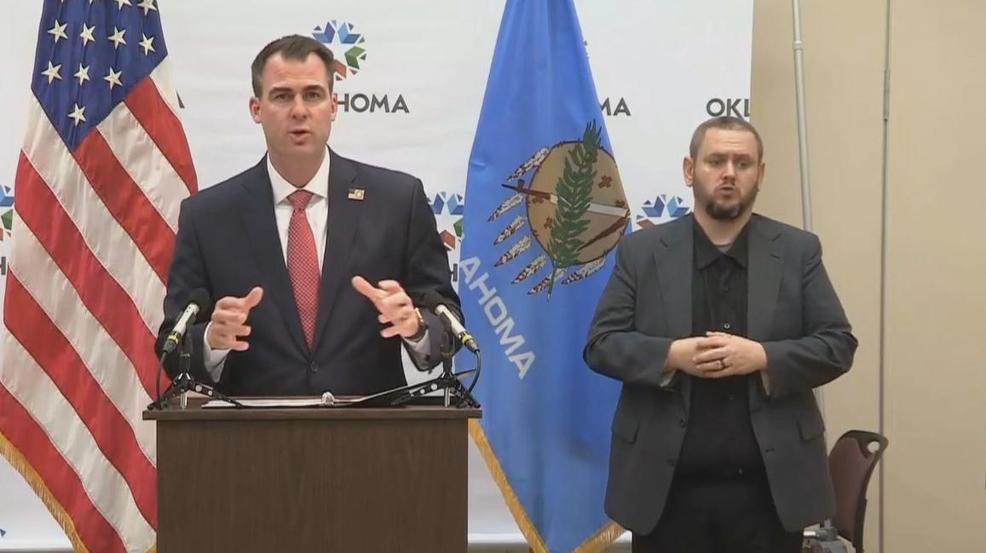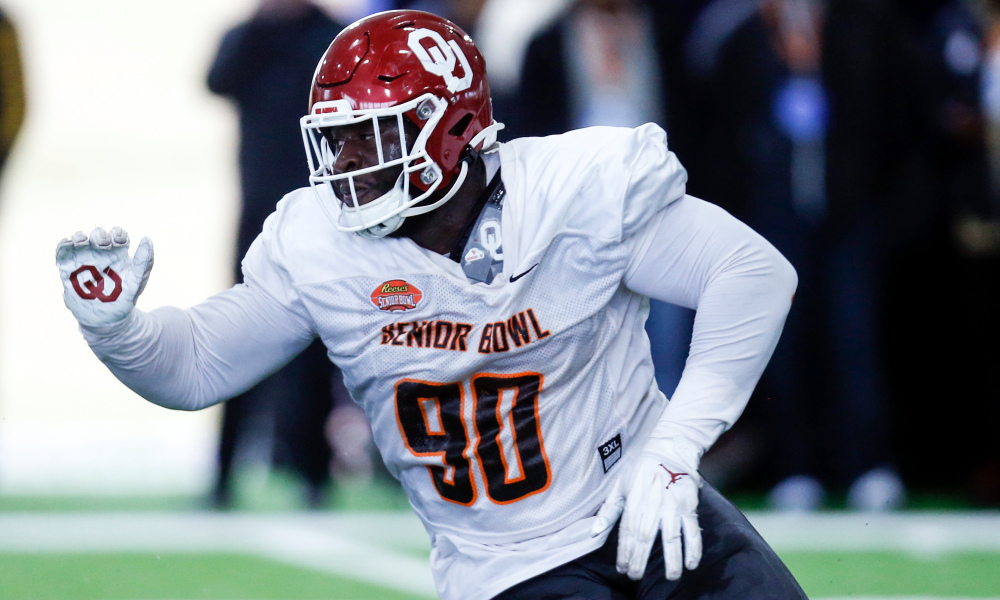
By Kimberly Marsh-McLeod
Family & Children’s Services Employee
Remonda Harris, Trainer and Behavioral Support Specialist Manager
- What’s your perception of the overall mood of your team?
It is okay, but you can tell everyone is on edge due to the virus.
2. What are you doing to stay safe? What is the protocol and how is it different from more normal conditions?
Staying safe by wearing PPE and constantly washing my hands. The protocol is to protect yourself and take precautions as needed.
3. When this started and through the process how did it shape your reality? How are you handling the reality that you are seeing families have to endure?
The first reality shift was adjusting to the real situation that this virus really exists. It’s hard because you want to help out as much as you can and not think about your own safety concerns.
4. What are the biggest challenges?
Staying safe and trying to keep everyone else safe. Wearing PPE all day, everyday, especially when we are not used to it. Getting staff and clients to follow protocols.
5. What’s the day like – what things are you seeing on a daily basis?
I see people who love to help others no matter what the outcome is or how dangerous things can be. I see everyday people helping everyday people.
6. Your team’s mental health – how is it impacting everyone? What do you do for self care – how are you taking care of yourself/ your mental, physical and spiritual?
That they are going to be okay. There are days that are harder than others. For selfcare, we lean on each other to help each other get there during these times.
7. What is (are) the biggest challenge(s) that you do not face now but not under “normal” conditions?
Keeping everything clean all of the time.
8. From your point of view how have you personally been impacted?
Worrying about others, making sure they are safe and that staff and clients have everything that they need to stay safe.
9. What are you learning from this experience that may change the way you respond or plan and prepare in the future?
Never take people or life for granted. Anything can happen at any given time. Love one another and enjoy life, family and friends.
Family & Children’s Services Crisis Care Center Employee
Arpita Renick, Behavioral Support Specialist
- What’s your perception of the overall mood of your team?
Sacrifice mixed with passion and alertness.
- What are you doing to stay safe? What is the protocol and how is it different from more normal conditions?
Sanitizing after every step. Using PPE. Things that were not mandatory before.
- When this started and through the process how did it shape your reality? How are you handling the reality that you are seeing families have to endure?
I feel important and chosen to fight on the front lines to make sure these families can be as safe and mental health not compromised.
- What are the biggest challenges?
To be able to provide therapeutic care while remaining socially distanced.
- What’s the day like – what things are you seeing on a daily basis?
One day is like a day of the life of a soldier. We are constantly fighting to keep our patients safe, along with providing the help and treatment they need.
- Your team’s mental health – how is it impacting everyone? What do you do for self care – how are you taking care of yourself/ your mental, physical and spiritual?
There are days we have to be mindful of each other and pick up each other’s slack. I make sure to sleep, cook and watch a few sermons to get ready for the next week.
- What is (are) the biggest challenge(s) that you do not face now but not under “normal” conditions?
Cleanliness is next to Godliness and I think we are close to heaven.
- From your point of view how have you personally been impacted?
Yes, I have had a loss of family members in India. It has made me more eager to fight on the frontlines.
- What are you learning from this experience that may change the way you respond or plan and prepare in the future?
Never take people’s presence for granted. Never take washing hands lightly.
Family & Children’s Services CrisisCare Center Employee
Tracy Ross, Mental Health Technician
- What’s your perception of the overall mood of your team?
Hopeful and ready to work together.
2. What are you doing to stay safe? What is the protocol and how is it different from more normal conditions?
Cleaning more often, sanitizing hands several times a day and wearing PPE.
3. When this started and through the process how did it shape your reality? How are you handling the reality that you are seeing families have to endure?
Knowing there is something invisible out there makes you more cautious to touching objects, wiping face. It has totally changed the way I have functioned.
4. What’s the day like – what things are you seeing on a daily basis?
Masks and gloves are everywhere, although people are kinder to one another.
5. Your team’s mental health – how is it impacting everyone? What do you do for self care – how are you taking care of yourself/ your mental, physical and spiritual?
Staying calm, being mindful and relaxing at home.
6. From your point of view how have you personally been impacted?
I have a new awareness of how easily this virus can be transmitted.
7. What are you learning from this experience that may change the way you respond or plan and prepare in the future?
Less hand-to-hand transactions and keeping the habits of cleaning. I think it is a plus to be on top of things that way.









